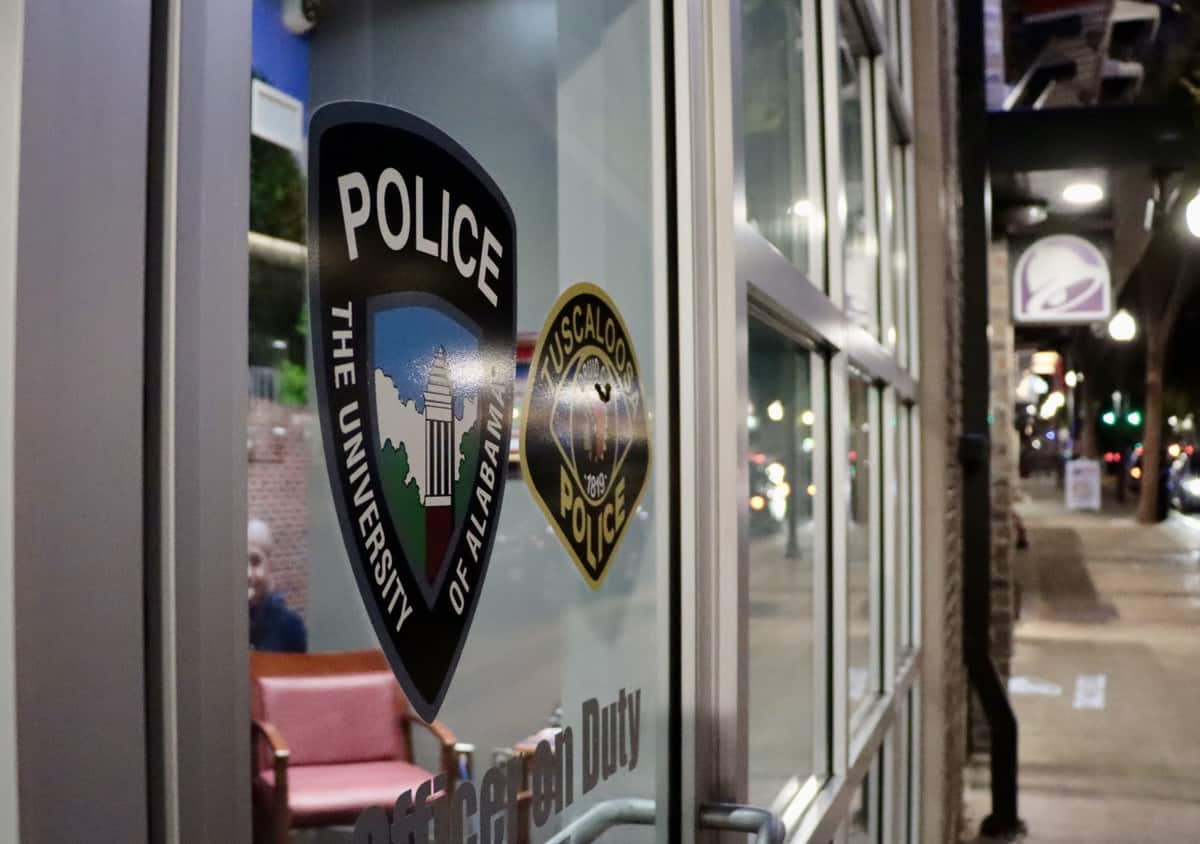Imagine going to the store after a long day of work or school, or even just perusing the aisles of a grocery store in search of your favorite snacks. Then, you hear an alarming announcement, urging you, with a bit too much fervor, to find the nearest exit.
Then, a group of militarized officers donning gear more appropriate for raiding a member of the FBI’s most wanted list rather than attire appropriate for your neighborhood grocery store, rush in, guns trained at anything that moves. This is the upsetting and traumatizing reality of swatting.
Earlier this month, on Feb. 1, a call was placed regarding an alleged active shooting at a Walmart in Pell City. The caller provided a detailed description of the scene, but responders lost contact with the caller before arriving at the scene. After the evacuation of shoppers and employees, followed by multiple sweeps of the store, no evidence was found. This was ruled as a swatting call.
The Anti-Defamation League defines swatting as “the deliberate and malicious act of reporting a false crime or emergency to evoke an aggressive response from a law enforcement agency.”
Swatting has grown in popularity since it first appeared on the FBI’s radar in 2008. It was initially used in the online gaming community, where viewers would call 911 to the location of a gaming livestreamer who was live to see them raided in real time. It has been used more frequently since then to harass people with higher notoriety, such as celebrities and politicians. It’s also commonly used against places of worship and learning institutions.
In most scenarios, there are heightened security measures in place to protect those who are more commonly targeted by swatting. There’s more danger associated with those who could be more believable targets, those who could easily be committing a crime without recognition from the authorities.
This often comes in the form of trolls calling in reports of nefarious crimes committed by those who simply disagree with them online. One case that’s recently risen to prominence is that of Patrick S. Tomlinson, whose home was swatted 47 times in three years for a seemingly innocent tweet he posted about late comedian Norm Macdonald.
“Hot take: I’ve never found Norm Macdonald funny and was pretty sure all my comedy friends who did were either nuts or screwing with me,” Tomlinson posted. These were the words that would elicit a grueling three years for Tomlinson.
No federal statute exists specific to swatting, and Ohio is the only state with legislation to distinguish between false crime reports and malicious swattings to protect their citizens.
Just days after the incident in Pell City, Rep. Phillip Ensler pre-filed a bill, House Bill 78, to crack down on swatting in Alabama. While falsely reporting a crime is already illegal, this bill would specifically make swatting a crime in Alabama. If passed, anyone convicted of a swatting crime would be charged with, at least, a Class A misdemeanor, increasing in severity depending on the crime that is reported and its classification. Any person convicted will be required to pay restitution to anyone who incurred damages due to the false report.
Each swatting call displaces necessary emergency task forces, removing their focus from the real emergencies in a community. Not to mention, the thousands of dollars wasted each time a SWAT team is traveling to the swatted locations.
Ensler says his overall goal is to deter these swatting calls from being made in the first place.
It’s difficult to say how many swatting instances have occurred since they are not classified as a unique crime, but often rather get misconstrued with false police reports. But there’s no question to be had about the detrimental effects that follow a swatting incident. In the case of the Pell City Walmart and any building filled with people that’s been a target of swatting, the mind churns out worst-case scenarios and leaves the victims worried and fearful. How is someone expected to return to the world with the looming fear of an attack, whether real or falsely reported?
The issue of swatting raises no partisan concerns. There is no political gain in passing or not passing Ensler’s bill. The only thing at risk is the public safety of Alabama residents.







